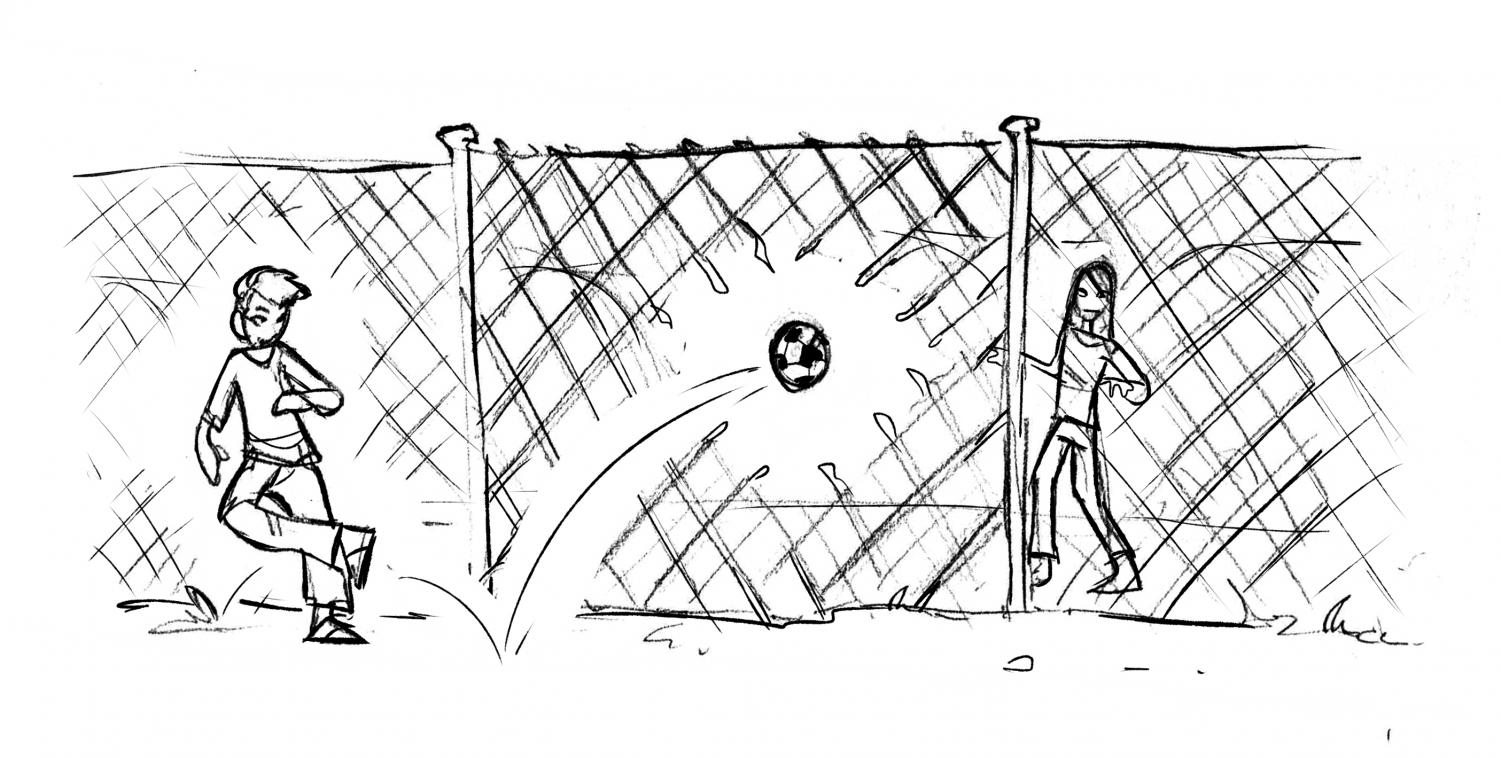War Torn Sports
March 29, 2018
When he was young, Oscar Figueroa hated gold. Mining gold was a tough job. It involved being in the sun for hours, wet and covered in mud, using plates to filter the millimetric gold particles from the Nechi river in Colombia.
At the Rio Olympics in 2016, Oscar could not contain the tears when he had the gold medal for weightlifting around his neck. He was the third Colombian athlete to win a gold medal in the olympics.
Oscar’s legend in athletics began when he joined the millions of people in Colombia displaced by war. An 11 year old Oscar took his family from his hometown, Zaragoza, to Valle del Cauca in a desperate attempt to flee the war. In Valle del Cauca, he joined a weightlifting program for low income communities.
Oscar’s story is an example of how sports can change the life of war victims. In most cases, sports are the last thing on the agenda of countries in an armed conflict. There are simply more important priorities like food and shelter. However, sports bring hope and entertainment to people who are in the middle of complicated situations.
During the Balkan wars of the 1990s, Croatian refugees of the Zadar region were forced to abandon their homes and move into hotels. The parking lots of the hotel complex were the only playing grounds that existed.
Young Luka Modric kicked the ball around in the parking lot most of the day amidst constant threats of bombings. It was there where he was spotted by a manager of the hotel, who told the local team, NK Zadar, about the young player.
Luka joined NK Zadar and now at 32 years of age, he is considered one of the most successful Croatian players having won multiple titles with his current team, Real Madrid, and played in two World Cups with the Croatian National team.
These two stories show two important sources of help for refugees. One is non-profit organizations and the other private organizations.
A non-profit organization was responsible for offering Oscar an opportunity in weightlifting. These types of programs are extremely important because they reach places where private or for-profit organizations don’t go.
Refugees usually lack the resources to pay for classes or activities. Unable to participate in recreational or educational programs, young refugees are at a disadvantage compared to other kids their same age. They do not have the same opportunities to learn a new sport or skill that can help them further in life to get into college or to get a job.
In 2008, Luka was playing professional soccer with the soccer team Dinamo Zagreb in Croatia. He was sold to the English team Tottenham Hotspur for 16.5 million pounds, in what was a record transfer fee at the moment. His transfer gave millions of dollars to his team and motivated further investment in young Croatian players.
Private businesses or teams are reluctant to invest in warzones. There is need for organizations that train or teach young athletes in the place where they live.
With the ongoing refugee crises of Syria and Palestine, there is a lot of work that needs to be done to give thousands of kids a brighter future.
No kid should be forced to move miles away from his home to find an opportunity, like Oscar did. A strike of luck should not be the reason why you get a job or a chance at a professional sport like what happened with Luka. It is time to start reaching out to those kids in warzones and to offer them a place to live in a country with fewer problems.
It is unrealistic to think that all the kids involved in a sport will be professional athletes. It is realistic to think that a sport, a ball or a game will improve someone’s quality of life forever.





